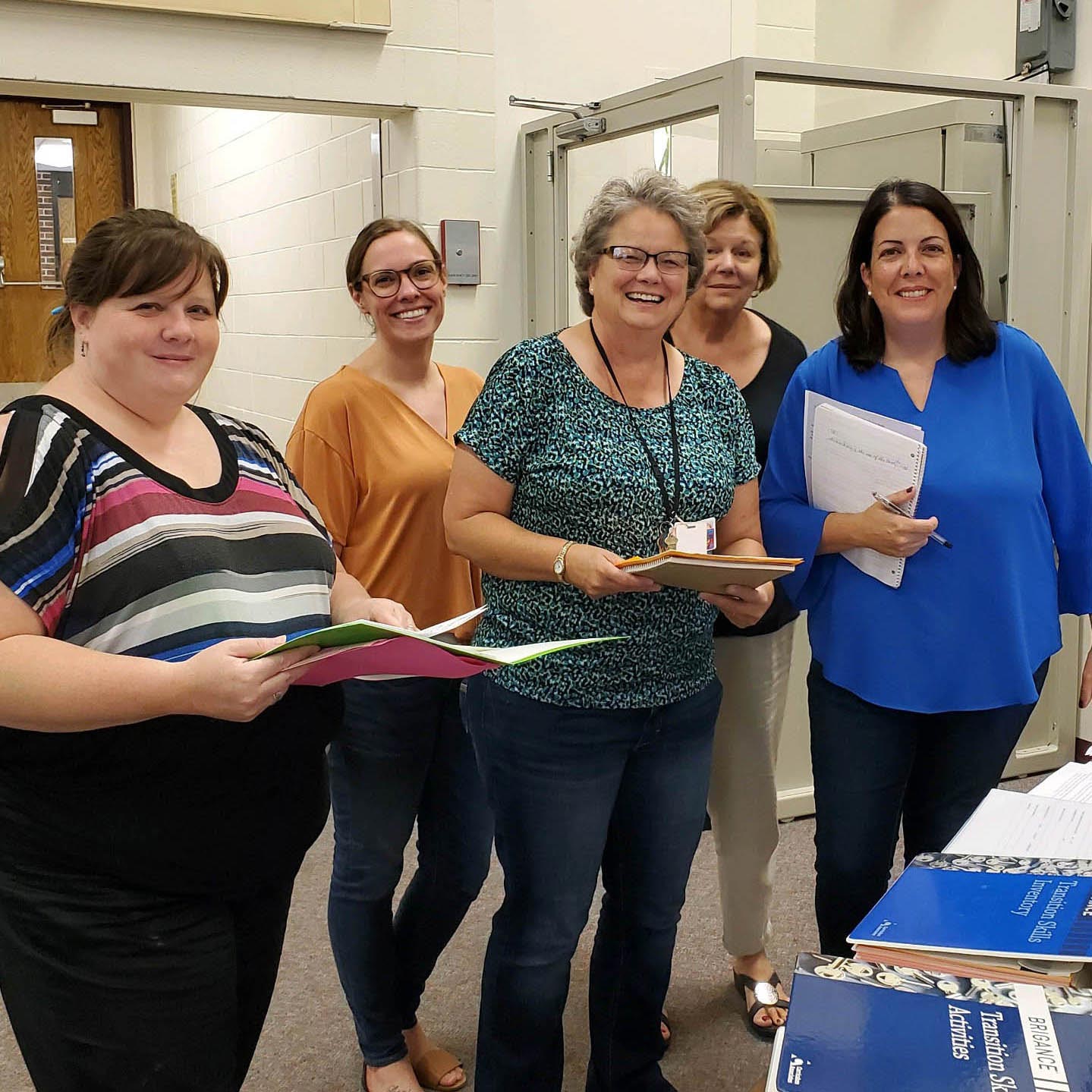Secondary Education and Services
The transition to adulthood for students with disabilities typically begins around age 14, or during their 8th-grade year, depending on state guidelines. At this stage, students with an Individualized Education Program (IEP), along with their families and educational teams, begin focusing on goals related to life after high school, including postsecondary education or training, employment, and independent living.
These postsecondary goals form the foundation of the student's Transition IEP, a personalized plan that outlines what the student will learn, the types of jobs they might pursue, and where or how they might live as adults. Each year, the Transition IEP is updated to reflect the student’s evolving interests, strengths, and needs. This process may include a variety of activities, services, and real-world experiences designed to help the student move successfully from school to adult life.
What We Do
The Center on Community Living and Careers helps improve the transition process for Indiana students by providing training, resources, information, and supports to:
- those involved in education: middle and high school educators, administrators, transition coordinators, academic advisors, students, and their families
- those involved in employment: community employment providers, employment specialists and consultants, Indiana Vocational Rehabilitation staff, students and young adult job seekers, and their families
For more information about secondary transition services, contact the Indiana Secondary Resource Center team at the Center on Community Living and Careers. Email us at INSTRC@iu.edu or call (812) 855-6508.


